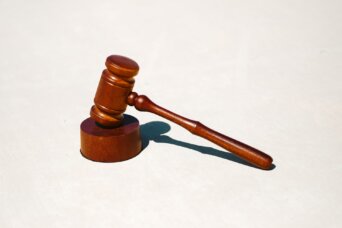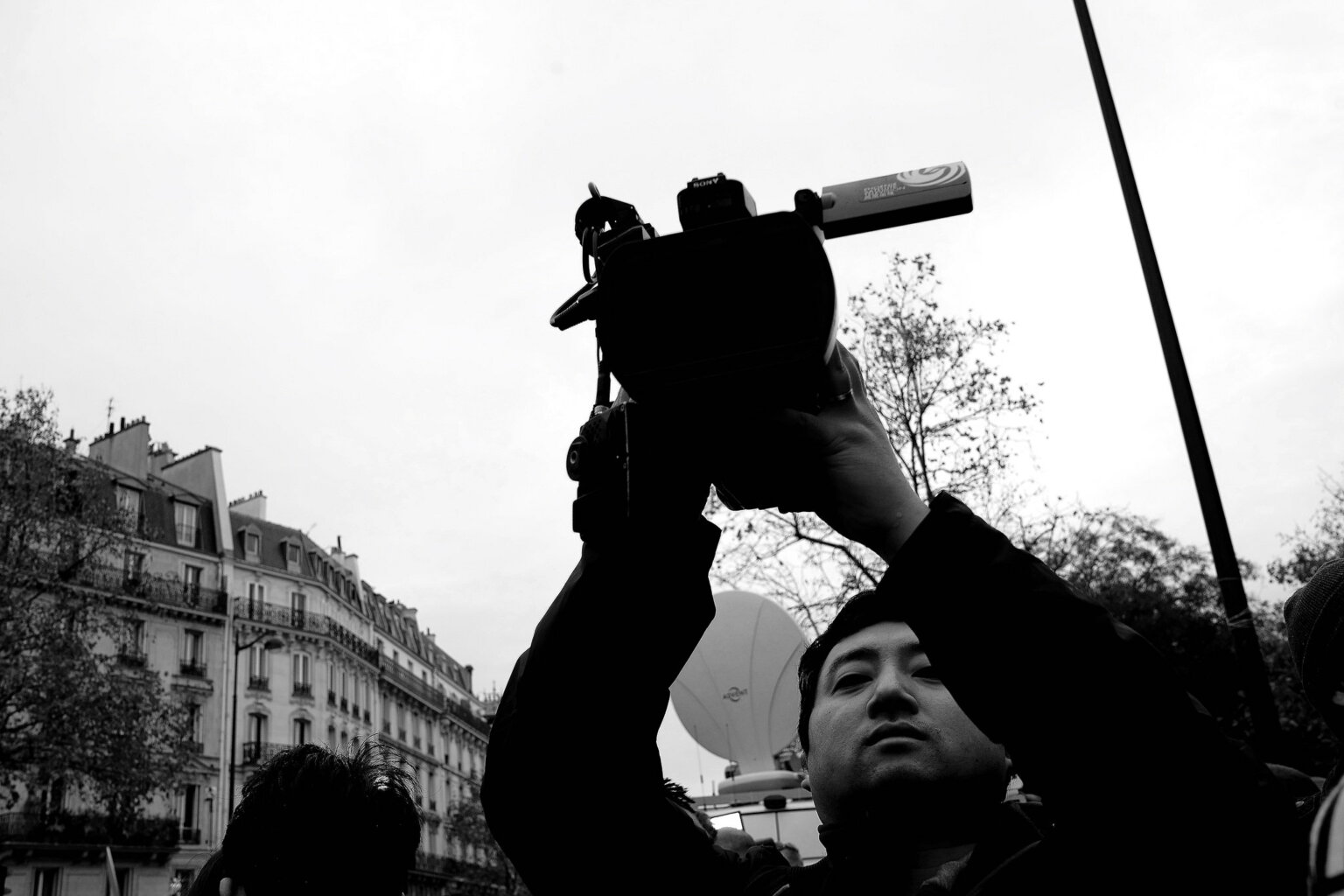- About
- Topics
- Picks
- Audio
- Story
- In-Depth
- Opinion
- News
- Donate
- Signup for our newsletterOur Editors' Best Picks.Send
Read, Debate: Engage.
| topic: | Transparency and Corruption |
|---|---|
| located: | Brazil, Mexico, Argentina, El Salvador, Costa Rica |
| editor: | Ellen Nemitz |
Latin America has a long history of corruption within its governments with no clear readiness for significant improvements. According to Transparency International, "the countries of the Americas have ground to a halt in the fight against corruption," mentioning the 2021 Corruption Perceptions Index, in which the continent marks an average of 43 in a 0-100 scale, where 0 means highly corrupt and 100 is very clean. "Despite extensive legislation and a regional commitment to control this scourge, corruption in the Americas continues to undermine democracy and human rights," the institution assesses.
Corruption scandals have been, indeed, at the center of Latin American political news over the past weeks. In Argentina, prosecutors have asked for a 12-years imprisonment conviction for the vice-president Cristina Fernández de Kirchner, accused of a corruption scheme of deviating public resources in suspicious biddings and contracts during her administrations between 2007 and 2015. Kirchner denies all accusations, alleging personal persecution, while receiving the support of President Alberto Fernández and part of the population as well.
In El Salvador, El Faro, a local investigative outlet, published new denunciations of corruption against the government. El Faro brought up documents from the El Salvador's Attorney General’s Office revealing a scheme supposedly carried out during the COVID-19 pandemic two years ago. According to them, the emergency relief program created to handle the health situation and the hunger emergency affecting El Salvadorian families largely benefited one company and its owner. Additionally, President Nayib Bukele's success in the 2021 elections had also benefited from the millionaire relief program, says El Faro.
The case in Costa Rica, revealed by the local outlet La Nación, involves the current president Rodrigo Chaves, who was elected in April following a campaign under suspicion of being illegally financed. The Department of Financing of Political Parties at the Superior Electoral Court released a report indicating that "Chaves' campaign would have benefited from two parallel structures, that is, from resources that did not pass through party controls or through the public transparency system required by law," explains La Nación.
Paraguay has also taken the headlines in the past couple of weeks for a scandal involving the Vice President Hugo Velazquez, accused by the US Embassy of "'significant' acts of corruption," which led the Paraguayan Attorney General's office to open a criminal investigation and Velazquez to demonstrate willingness to quit political intentions - a decision, however, not sustained for a long while.
Looking back to Latin American history over the centuries, corruption seems to be a constant issue affecting the reliability of the political systems. In order to change this reality, each nation needs to effectively commit to fighting against such rooted matters, aside from any political party or electoral campaigns. The efforts to tackle corruption should be strengthened by impartial institutions, especially where democracy is under threat of attacks on the freedom of the press and barriers to public access to governmental activities. Moreover, transparency and information are key to empowering the population to carry out the proper surveillance over the investigations, which should be done with the most strict exemption to achieve the truth above any political or economic interest.
Photo by Tingey Injury Law Firm

